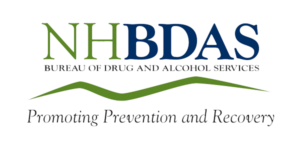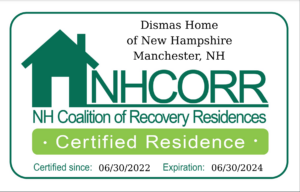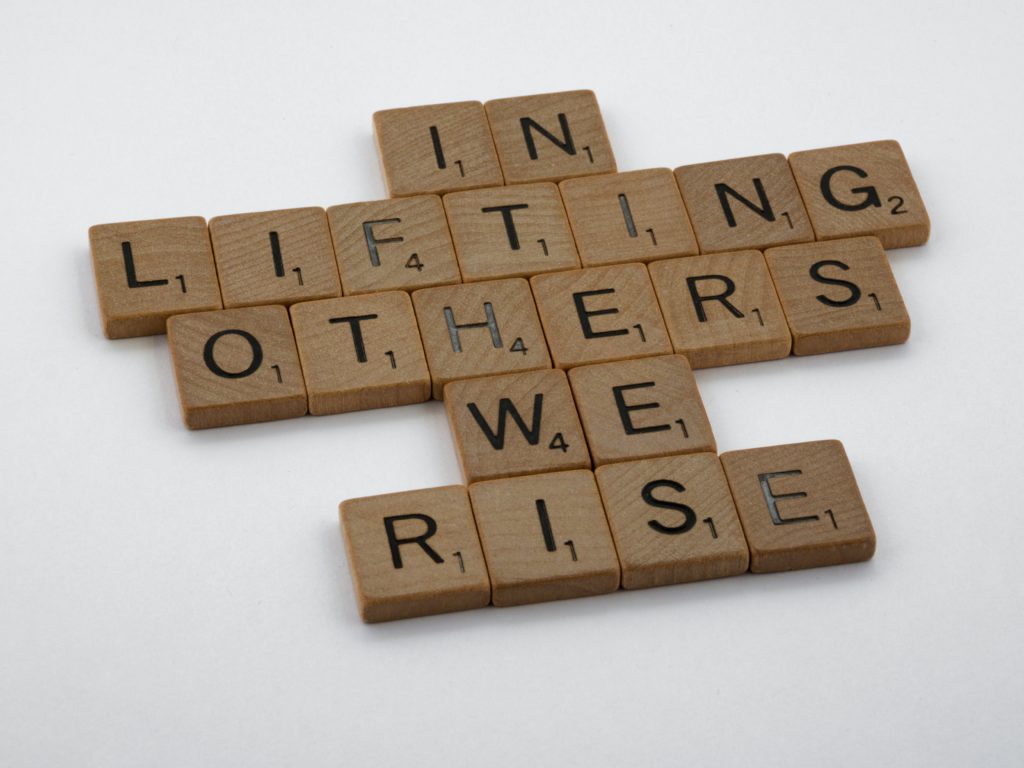A new year has strolled in and eagerly awaits introduction, hello 2022, how do you do? Worldwide many people see January as the first chapter of a new book waiting to be written; what it contains is ultimately up to each of us. Of course we would all like to fill the pages of our story with health, happiness and prosperity but just wanting those things is not enough. Instead we need to actively pursue them, set goals, learn how to execute those goals and track our progress. But how does one do that? Well this is where journaling can help, especially if you are someone who struggles with mental health issues. A journal can be used as a self discovery and exploration tool; which when used properly can provide clues, timelines and even answers to questions that may send you on spiraling slopes. Our staff at the Dismas Home of New Hampshire firmly believe that journaling even for just a few minutes daily can provide structure and balance, help you gain control of your emotions, and improve your mental and overall health.
Health is Wealth
Now more than ever this saying rings true! Everywhere you turn there is a health guru begging to be your life coach, sharing tips and tricks to help you achieve a healthier lifestyle and mental/ spiritual guides are a dime a dozen. Naturally this method doesn’t work for everyone and many of us don’t want to get caught up in the next fad which makes promises that seem too good to be true. For those working through mental health instabilities or illnesses, journaling can be just what the doctor ordered. It should not be used as a replacement for traditional treatment options but rather in conjunction, kinda like the ‘two heads are better than one’ philosoply. When you struggle with depression, anxiety or stress, keeping a journal can assist you in identifying the root cause of your stressors and triggers. Once you have identified the root, you can work on a plan to resolve the issues and better manage your mental health. Studies show that keeping a journal is a great way to deal with overwhelming emotions because it is a healthy way to express yourself without fear or judgment. It also helps you sift through your spiraling thoughts, turn them into something you can understand and learn healthy ways to cope.
What it all boils down to
Because your journal is your personal safe space, you will be using it to express your deepest feelings and thoughts about any and every issue you face. Obviously some of these things will not make you the happiest or even take you back to a time and place that was very painful. But by getting them out of your head you can confront them and work on a healing plan. Think of it as a consultation with your doctor, before a prescription can be written you first need to describe the issue at hand. Remember that journaling is only one aspect of a healthy lifestyle for managing depression, anxiety, stress and other mental health conditions. Some other ways to get you moving in the right direction are;
- Relax or meditate
- Eat a healthy, balanced diet
- Stay active,
- Treat yourself to some beauty sleep
- Avoid drugs and alcohol
Keep in Mind
Journaling isn’t easy at first but if you remain consistent it becomes a habit that you may come to enjoy. Set an alarm or reminder and when it goes off, dedicate the time to writing in your journal. If you are having writer’s block, there are plenty of great online resources and prompts to get your juices flowing. The staff at Dismas Home of New Hampshire is here for you even as a soundboard. Your journal is yours to use how you want, it could be a gratitude journal or a happiness journal, a self-discovery journal, or a body positivity journal, there is no hard and fast rule to what your entries look like. Hopefully, you will come to love journaling and add it to your daily self-care routine which can help you implement self-care practices for a healthier, happier, more productive lifestyle.







